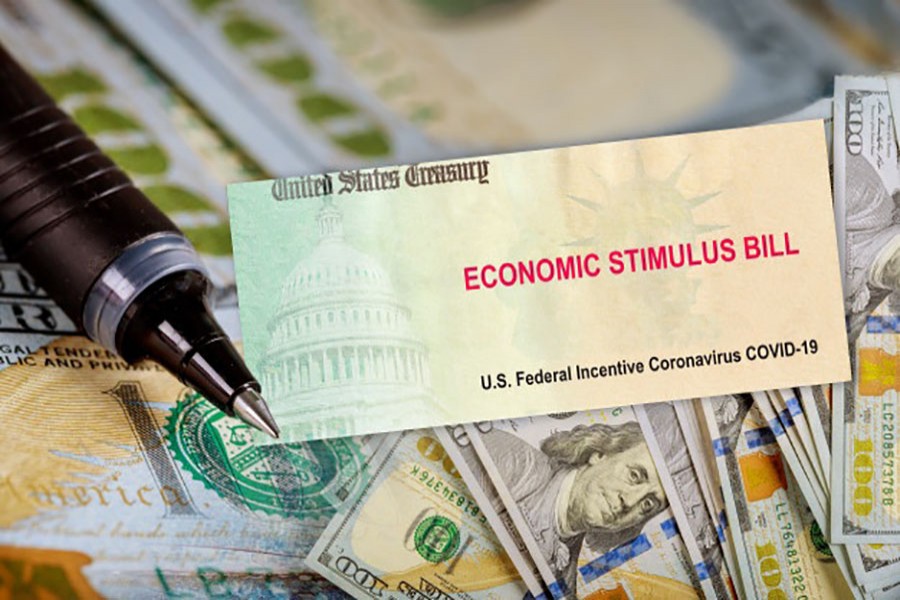The US economy could degrade to "no growth at all" if Congress fails to pass the next Covid-19 relief bill, two renowned American economists warned on Tuesday.
"If senators still fail to resolve stalled negotiations when they return after Labor Day, millions of needy Americans will suffer -- and the overall economy could degrade from its current slow rebound in growth to no growth at all," Former Federal Reserve Chair Janet Yellen and Jared Bernstein, a top economic adviser to former Vice President Joe Biden, wrote in an op-ed published by The New York Times.
"Now, so-called real-time data show consumer spending slowing overall and deteriorating conditions for low-income households, who have become more anxious about how they will pay for their rent and their food," they wrote, adding about 30 million Americans didn't have enough food in the past week, reports Xinhua.
"These numbers reflect the confluence of at least three forces: acceleration of the spread of the virus; expiration of the supplemental federal unemployment benefits; and the ending of various eviction moratoriums," the economists argued, noting a self-sustaining economic recovery cannot occur unless the virus is controlled.
"It became clear this summer that public health measures across much of the country were relaxed too soon and without proper medical safeguards against the coronavirus," they said.
While the extra federal unemployment benefits for roughly 30 million Americans expired at the end of July, Democratic lawmakers and the Trump administration remain deadlocked over the next COVID-19 relief package, with both sides blaming each other for making little progress.
As negotiations stall, President Donald Trump signed a series of executive orders to extend certain COVID-19 economic relief, but analysts believe that they are unlikely to provide a meaningful boost to the overall economy.
"The longer it takes to convince lawmakers that the economy is not experiencing a V-shape recovery and that without their support a W-shape is likely, the more likely it will suffer a W," said Mark Zandi, chief economist of Moody's Analytics, referring to a "double-dip" recession.
According to a survey released Monday by the National Association for Business Economics, U.S. inflation-adjusted gross domestic product would remain below its level in the fourth-quarter of 2019 until the second half of 2022 or later.


